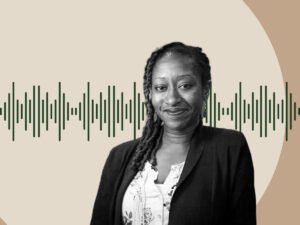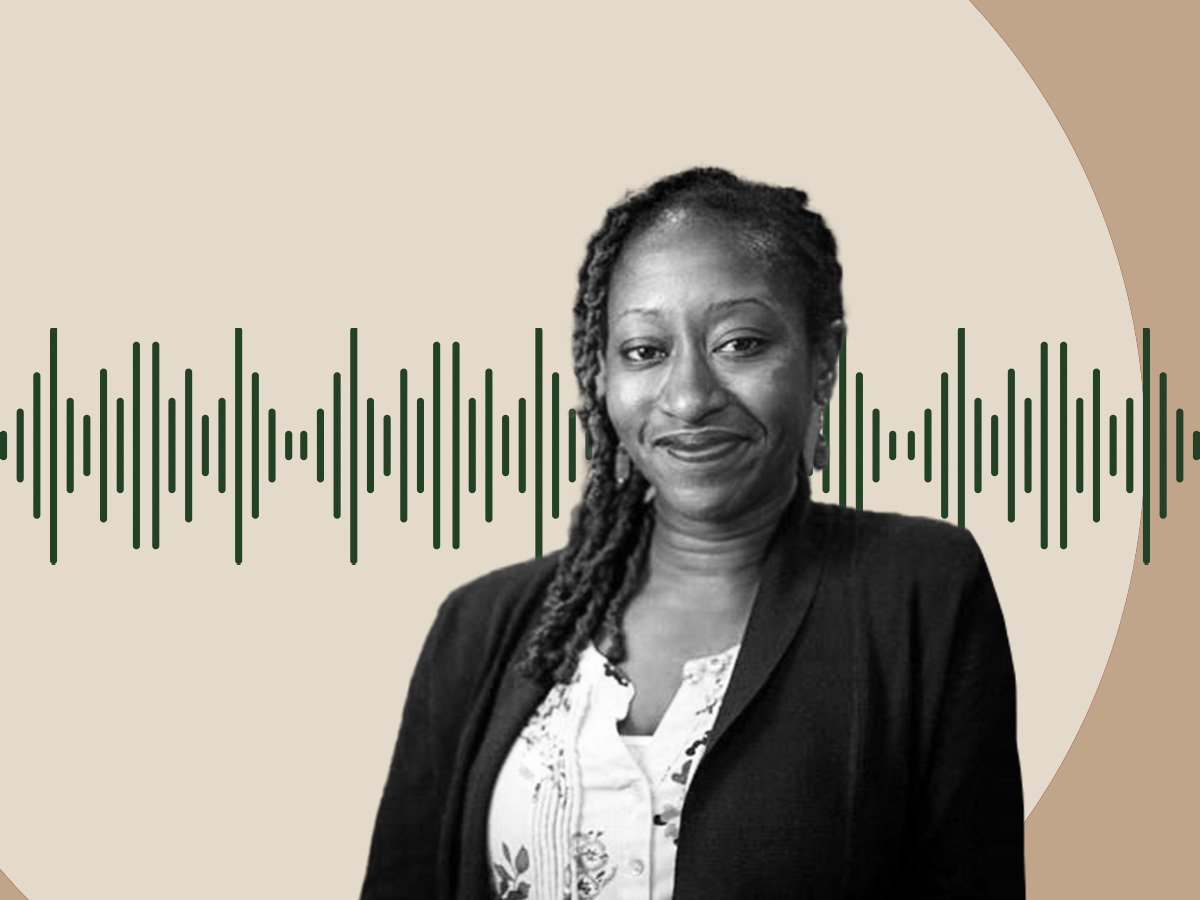
Since opening in 2021, a New York overdose prevention program operated by the nonprofit OnPoint NYC claims to have saved some 1,000 lives by allowing clients to consume drugs in a safe environment with access to medical care, treatment, counseling, and case management.
Despite the evidence to support the efficacy of these sites, this August the US Attorney’s Office for the Southern District of New York, the region’s top law enforcement authority, threatened legal action against the nonprofit, including potentially shutting it down altogether, calling its operations illegal. Some advocates see this as an opportunity to further mobilize around this cause.
Legacy of the War on Drugs
The dispute between federal law enforcement authorities and OnPoint NYC highlights a deep incoherence in federal and local policy when it comes to overdose prevention centers (OPCs)—sometimes called safe consumption sites—even as a movement is growing to establish such sites nationwide in response to the country’s escalating epidemic of overdose deaths and drug-related illnesses.
Such sites remain federally illegal under a decades-old law from the War on Drugs known as the “crack house” statute, making it a felony to knowingly use any place for the consumption of illegal drugs. Safe consumption sites are also presumed illegal under many state laws. (Rhode Island became the first state in 2021 to explicitly legalize such sites, although none have opened yet.)
One arm of the federal government is threatening legal action against the New York program while another proposes to study its potential benefits.OnPoint NYC’s two sites represent the first to openly operate in the United States, even as such programs are being run (legally) in Europe and Canada, and have been widely applauded for saving lives. The nonprofit’s efforts have been hailed by harm reduction and public health advocates across the country as a model for other cities and towns.
There have been recent signs of support from the federal government. White House director of the Office of National Drug Control Policy, Dr. Rahul Gupta, has said that the Biden administration will prioritize harm reduction practices “because these are cost-effective and evidence-based methods that work to save lives.” In May, the federal National Institute on Drug Abuse announced funding for a study of the effectiveness of the New York program.
And yet, this August, US Attorney for the Southern District of New York Damian Williams called OnPoint NYC’s operations “unacceptable” in a statement to the New York Times and said his office “is prepared to exercise all options” regarding enforcement.
It is unclear what has prompted US Attorney Williams to take such an aggressive posture toward OnPoint NYC’s program more than a year and a half after it opened with the blessing of New York City Hall.
The fact that one arm of the federal government is threatening legal action against the New York program while another proposes to study its potential benefits to public health only highlights the kind of legal and policy incoherence around the already-controversial issue—a point which OnPoint NYC alluded to in a statement to NPQ.
“As the Biden administration funds a study into the operations of our OPCs as a potential tool to help combat our nation’s overdose crisis, OnPoint is proud to continue its work with city, state, and national officials to save lives and strengthen New York’s response to a devastating health crisis,” said OnPoint NYC Executive Director Sam Rivera in the statement. “Our successful partnership with the New York Police Department highlights the effectiveness of responding to this crisis with love and care, rather than enforcement. As always, we welcome a continued dialogue with government leaders.”
Public Health and Politics
“Overdose prevention centers not only prevent fatal overdoses but also support the very people that don’t get any other kinds of support.”
These latest legal threats to OnPoint NYC come as harm reduction advocates and public health officials are trying to open similar centers in cities across the United States. Those efforts, apart from OnPoint NYC’s, have been so far unsuccessful, due largely to the intervention of local community members, elected officials, and federal authorities.
Sign up for our free newsletters
Subscribe to NPQ's newsletters to have our top stories delivered directly to your inbox.
By signing up, you agree to our privacy policy and terms of use, and to receive messages from NPQ and our partners.
But leaders in the harm reduction movement have continued to push for overdose prevention centers, calling them a logical and evidence-based step toward reducing fatalities and creating a new opportunity to reach people needing a wide variety of services and support.
“Overdose prevention centers not only prevent fatal overdoses but also support the very people that don’t get any other kinds of support,” Laura Guzman, acting executive director of the National Harm Reduction Coalition, told NPQ. “This is a basic public health intervention.”
Guzman points out that beyond simply allowing drug users to consume in a medically supervised environment, such centers serve as entry points to all kinds of services, including addiction treatment options.
And they represent an effective tool to combat an epidemic that disproportionately affects Black, Hispanic, and Native American populations, Guzman says.
Guzman and other advocates for such sites point to robust evidence published in various medical journals, noting the effectiveness of existing overdose prevention sites outside the United States in reducing fatality rates and facilitating declines in infections from HIV, Hepatitis C, and other diseases often associated with illicit drug use.
What’s holding these life-saving interventions back, says Guzman, is not good faith objection to their effectiveness—it’s politics. Specifically, it’s the reluctance by politicians to seem “weak” on enforcing criminal drug laws amidst an epidemic of use.
“It doesn’t matter whether the politicians are from one party or another,” notes Guzman, “everybody is [posturing] on who is tougher…and our people are kind of the ball that gets played when there is an upcoming election.”
“This will be a catalyst to us to really organize.”
All Eyes on New York
Overdose prevention groups around the country are closely watching the dynamics unfolding in New York City.
As the first US city to officially sanction safe consumption sites, New York was a model and source of inspiration to the broader harm reduction movement that has seen some progress—albeit halting—in recent years. Now under threat, the New York example could serve as a sobering reminder to those pushing for more such sites of the legal limbo and risk of establishing them.
The stakes, in other words, are high; and the ramifications of the recent threats against OnPoint NYC go far beyond the city limits. The standoff could be discouraging to some communities sitting on the fence about allowing similar sites; at the same time, it could prove a rallying point for advocates trying to push the limits of decades-old US drug policy—or both.
Advocates like Guzman say they are prepared to mobilize around those threats to advance their cause. She is unequivocal: “This will be a catalyst to us to really organize and say, ‘Stop this massacre of our people.’”












